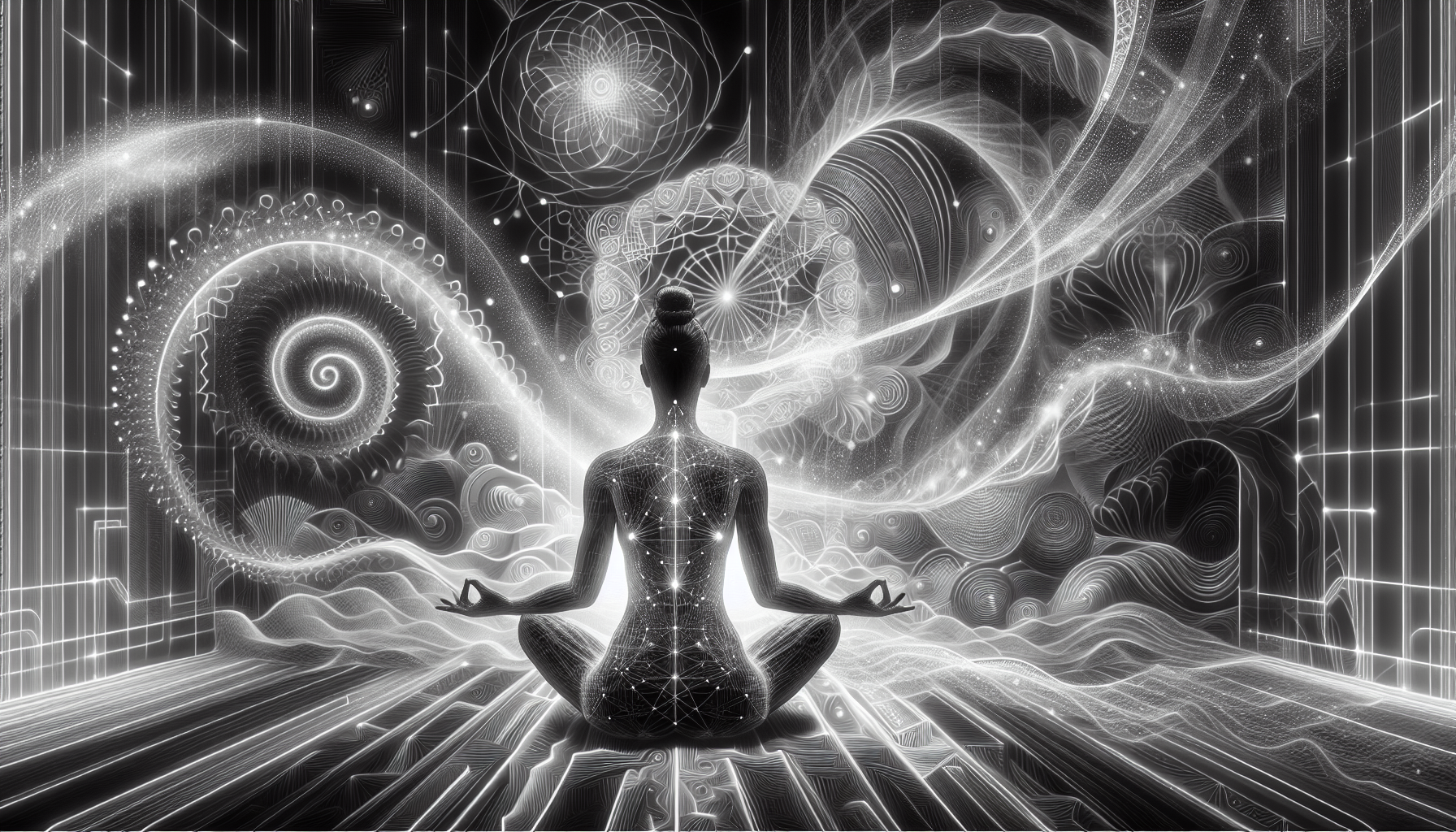What if the key to your untapped potential was already inside you?
Every day, we search for ways to be better-smarter, calmer, more creative, more focused. But what if the answer isn't in a new app, a productivity hack, or a supplement? What if it's something ancient, free, and already within your reach? Meditation, once seen as a spiritual or fringe practice, is now backed by neuroscience as a powerful tool to unlock human potential. And the best part? You don't need to be a monk to benefit.
The Brain on Meditation
Modern brain imaging has revealed something remarkable: meditation physically changes the brain. Studies from Harvard and other institutions show that regular meditation increases gray matter density in the hippocampus, which is linked to memory and learning, and in the prefrontal cortex, responsible for decision-making and self-awareness. At the same time, it reduces the size of the amygdala, the brain's fear center, which helps lower stress and anxiety.
This means meditation doesn't just make you feel better-it rewires your brain to function better. It enhances neuroplasticity, the brain's ability to adapt and grow. This is the foundation of learning, creativity, and resilience. In short, meditation helps your brain become more efficient and capable.
Emotional Intelligence: The Hidden Superpower
We often think of intelligence in terms of IQ, but emotional intelligence (EQ) is just as critical-if not more-for success in life and work. Meditation, especially mindfulness practices, trains you to observe your thoughts and emotions without judgment. This builds self-awareness and emotional regulation, two core components of EQ.
When you're less reactive and more reflective, you make better decisions, communicate more effectively, and build stronger relationships. These are the soft skills that drive leadership, collaboration, and personal growth. Meditation doesn't just help you manage emotions-it helps you master them.
Creativity Through Stillness
Creativity thrives in a calm, open mind. But in a world of constant notifications and mental clutter, finding that space is rare. Meditation creates the mental stillness needed for divergent thinking-the ability to generate new ideas and solutions. Techniques like open-monitoring meditation, where you observe thoughts without focusing on any one of them, have been shown to boost creative output.
Many artists, writers, and entrepreneurs use meditation to access flow states, where ideas come effortlessly. It's not about forcing creativity-it's about removing the noise that blocks it. When the mind is quiet, inspiration has room to speak.
Behavioral Shifts That Stick
Ever tried to change a habit and failed? Meditation can help. Practices like intention-setting and loving-kindness meditation increase self-awareness and align your actions with your values. This makes it easier to break negative patterns and build positive ones.
Gratitude meditation, for example, rewires the brain to focus on the positive, which can shift your mindset and behavior over time. These small, consistent changes compound, leading to a more intentional and fulfilling life. Meditation doesn't just change how you feel-it changes what you do.
Peak Performance, On Demand
Top athletes, CEOs, and performers are turning to meditation not for relaxation, but for results. Why? Because it sharpens focus, reduces performance anxiety, and enhances mental clarity. Techniques like visualization and breathwork are used to prepare for high-stakes moments, from Olympic races to boardroom pitches.
When your mind is calm and focused, you perform at your best. Meditation trains you to enter that state more easily and stay there longer. It's not about zoning out-it's about tuning in.
How to Start (and Stick With It)
You don't need hours of silence or a mountain retreat. Start with five minutes a day. Sit comfortably, close your eyes, and focus on your breath. When your mind wanders-and it will-gently bring it back. That's the practice. That's the training.
Apps like Headspace, Calm, and Insight Timer offer guided meditations for beginners. Try different techniques-mindfulness, loving-kindness, body scan-and see what resonates. The key is consistency, not perfection. Even short daily sessions can lead to noticeable changes in a few weeks.
Unlocking What's Already Yours
Meditation isn't about becoming someone else. It's about becoming more of who you already are. It clears the fog, sharpens the mind, and opens the heart. It helps you access the parts of yourself that are often buried under stress, distraction, and self-doubt.
In a world obsessed with doing more, meditation invites you to be more. And in that stillness, you might just find the version of yourself you've been searching for all along.
